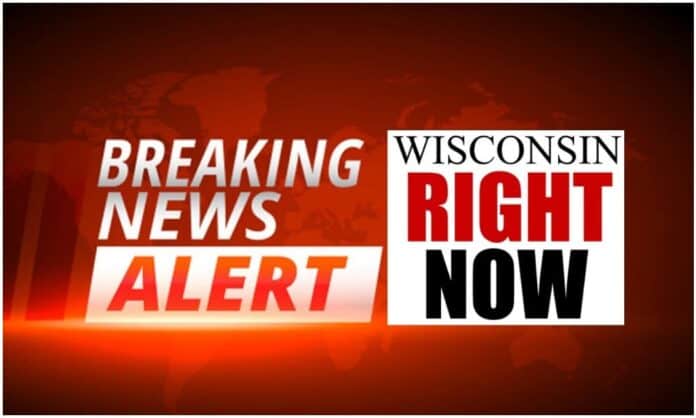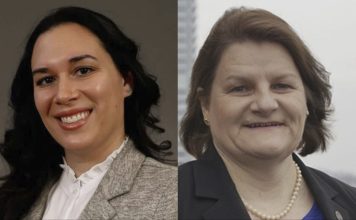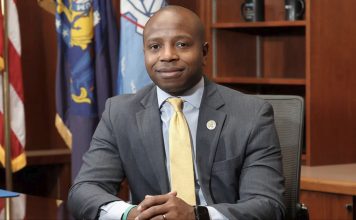<
p dir=”ltr”>“It is going to wind-up in some court, somewhere,” WILL President Rick Esenberg told News Talk 1130 WISN’s Jay Weber Thursday. “The Constitution of the United States commits this job to state legislatures, it commits this job to the states,”
(The Center Square) – On Thursday, the Wisconsin Supreme Court heard arguments from the Wisconsin Institute for Law and Liberty, in which WILL asserted state courts should handle the state’s new political map rather than federal courts.
<
p dir=”ltr”>Wisconsin has divided government, and that means there will most likely be no agreement on a new political map based on the 2020 Census.
<
p dir=”ltr”>Esenberg said it is a question of federalism, not court shopping.
<
p dir=”ltr”>Wisconsin’s last political map, drawn in 2010, faced several legal challenges in federal court. A federal judge eventually ordered lawmakers redraw two Milwaukee-area legislative districts (the 8th and 9th). The map was in legal limbo almost until the spring elections in 2012.
<
p dir=”ltr”>“History tells us when there are different parties, the legislature is Republican and the governor is Democrat, they don’t agree,” Esenberg explained. “The [map] then goes to the courts.”
<
p dir=”ltr”>“All of this has to be done in time so that next spring, April, 15 2022, so people who wish to run for the state legislature can get their nomination papers circulated,” Eseneberg said. “They need to know where the districts are. They need to know where they live.”
<
p dir=”ltr”>Esenberg specifically asked the Supreme Court to create rules that will keep the redistricting lawsuits, which he says are almost certainly coming, in state court. Esenberg said outside of the federalism/balance of government argument, there is an issue of time that the court has to consider.
<
p dir=”ltr”>“Yes, it’s true there are four justices who you might call conservative, but that doesn’t mean that they vote for whatever Republicans want,” Esenberg said. “Likewise, there are three justices who you might call Left-progressive, but that doesn’t mean that they vote for whatever Democrats want.”
<
p dir=”ltr”>Esenberg added his request is not trying to game the system with Wisconsin’s Supreme Court. While the court has a 4-3 conservative majority on paper, the Supreme Court’s rulings this year have reflected both sides of the political spectrum.
<
p dir=”ltr”>Fair Elections Project Director Sachin Chheda told the Wisconsin Supreme Court it is risking its credibility by considering WILL’s request,
<
p dir=”ltr”>There is pushback to the idea of keeping redistricting in state courts.
<
p dir=”ltr”>Chedda then said any legal challenge to the maps will likely end up in federal court, so there’s no need to try and stop that.
<
p dir=”ltr”>“If you adopt this rule, it’s my humble view that you’d be seen as a partisan body. The rule is presented by the state’s top right-wing lawyer and a partisan activist former Speaker of the State Assembly,” Chheda said. “Since I’m myself often a partisan activist, I understand where they are coming from.”
<
p dir=”ltr”>“The federal courts have a well-established process and tremendous experience in redistricting litigation. Three times in the last four decades, federal courts have drawn the maps and done so very competently,” Chheda said.
{facebook_url}
By Benjamin Yount | The Center Square
Go to Source
Reposted with permission





















![WATCH: Elon Musk Town Hall Rally in Green Bay [FULL Video]](https://www.wisconsinrightnow.com/wp-content/uploads/2022/04/Elon_Musk_3018710552-356x220.jpg)











